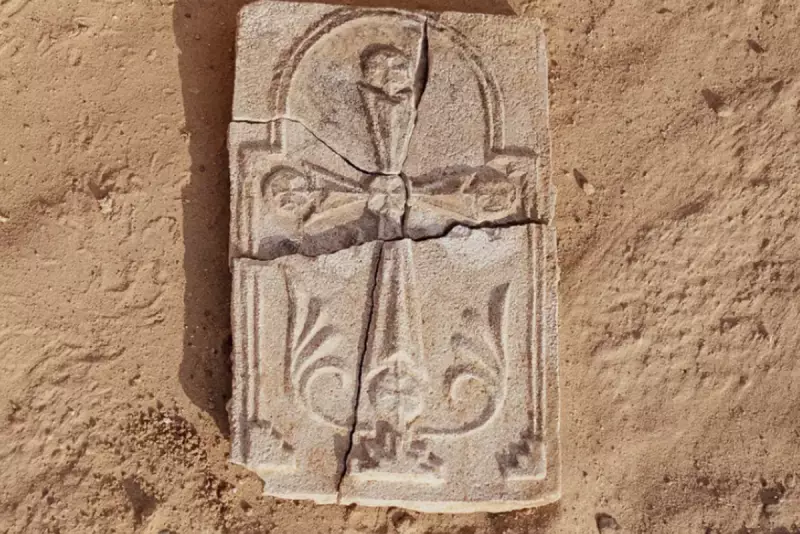
A remarkable archaeological discovery on an island near Abu Dhabi is forcing historians to rewrite the early history of the United Arab Emirates. A team from the Department of Culture and Tourism has unearthed a beautifully preserved Christian cross, dating back to the 6th century AD.
The stunning find was made on Sir Bani Yas Island, located within the emirate of Abu Dhabi. The cross, crafted from bronze and once likely inlaid with pearls, was found within the ruins of a pre-Islamic monastery—one of the oldest ever discovered in the region.
A Window Into a Lost Community
This isn't just a solitary artefact; it's a key to a forgotten chapter. The cross provides the first definitive physical evidence of a long-lost Nestorian Christian community that thrived on these islands over 1,400 years ago. The Nestorian Church, also known as the Church of the East, had a vast reach that extended from the Middle East along trade routes to India and China.
The discovery site, a complex that includes a monastery and church, offers a rare glimpse into a time of peaceful co-existence. Experts believe the community lived alongside the local population for nearly 200 years, before the widespread adoption of Islam in the region.
More Than Just a Cross
The significance of the find is monumental. It pushes back the timeline of proven Christian presence in the UAE and challenges previous historical narratives that focused solely on the region's pagan and Islamic past.
"This is a fascinating discovery," stated a representative from the archaeological team. "It speaks to a period of cultural and religious diversity in this area. The inhabitants of this monastery were part of a wide-reaching network of faith and trade that connected them to a broader world."
The cross will now undergo further detailed study and conservation, with the hope that it will eventually be displayed for the public, shining a light on the UAE's rich and unexpectedly diverse ancient heritage.





